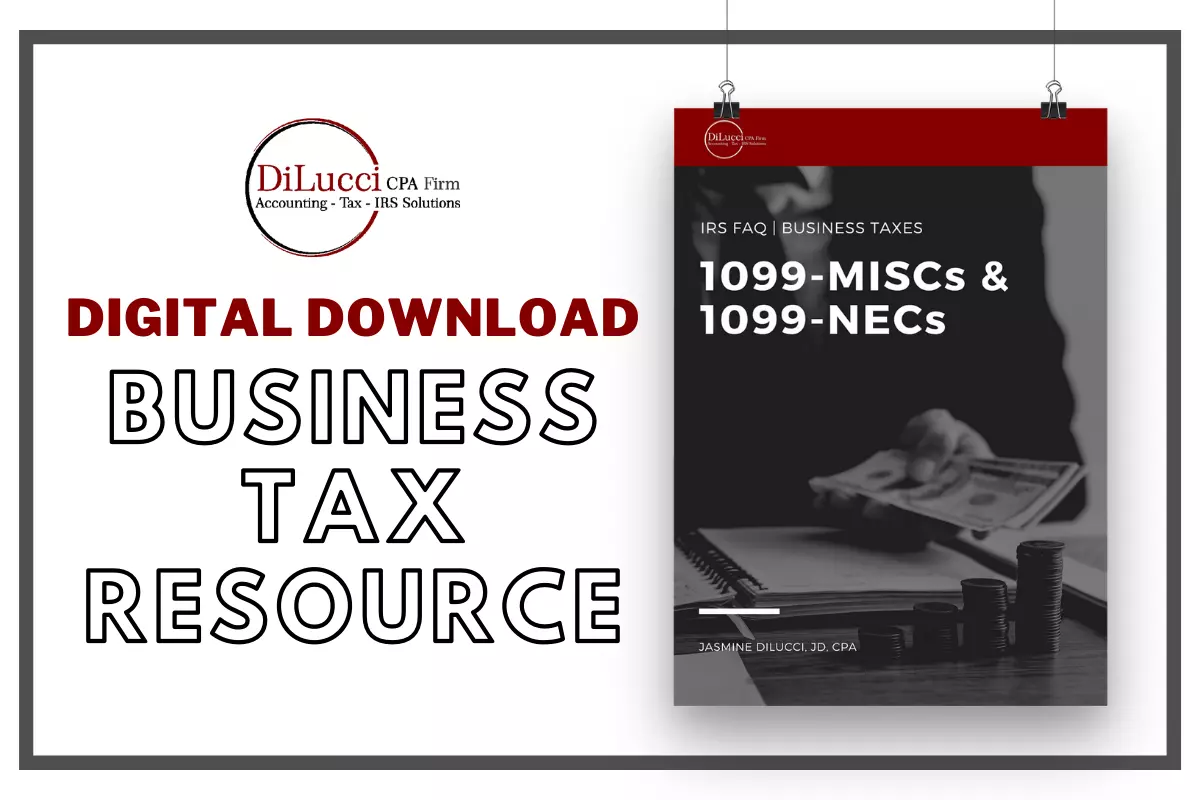As a general rule, businesses that pay an individual or another business over $600 a year in cash, check, or other transfer (excluding credit card payments) should issue a 1099.
There is a penalty per 1099 that is not correctly and timely issued. In recent years, the IRS has been more aggressive in pursuing these penalties. Unfortunately, for businesses with a substantial number of contract labor workers or vendors, we have seen non-compliance result in hundreds of thousands of dollars in penalties that are much more difficult to remove after the fact.
What you should be doing as a business owner
As a business owner, you should be proactive throughout the year to ensure you’re collecting the information required to issue correct and timely 1099s by the January 31 deadline.
Step 1: Before you pay more than $600 to any individual or business in a method other than via credit card, require a completed Form W-9 with supporting documents
Form W-9 can be found on the IRS website.
To best protect your business from IRS penalties:
- If the W-9 is for an individual, then request a copy of a photo ID and social security card.
- If the W-9 is for a business, then request a copy of EIN confirmation.
You will keep the W-9 and supporting information on file internally. These supporting documents show your due diligence as a business owner and can significantly improve your chances of preventing assessment of any proposed IRS penalties.
Step 2: Check if a 1099 will be required.
You can do Step 2 and Step 3 yourself, with a provider like Gusto or ADP, or by hiring a licensed tax professional.
Even if you’re not filing your own Form 1099s, we still recommend that business owners are generally familiar with the requirements so that you can ensure you’ve provided all the required information to your tax professional.
Form 1099-MISC and 1099-NEC General Filing Requirements
When a Form 1099 IS NOT REQUIRED
- Credit card payments and other third-party network transactions that are reported by the service provider on a 1099-K
- Most payments to a C-Corporations and S-Corporations (with a couple exceptions listed below)
When a Form 1099 IS REQUIRED
-
- Over $600 in annual payments that are made by cash, check, or other transfer (e.g., wire or ACH) to an individual or a business that is treated for federal income tax purposes as a sole proprietorship or partnership, including for:
- Rents
- Prizes and awards
- Medical or legal services
- Contract labor or vendor payments to non employees
- Other income payments
- Payments to C-Corporation or S-Corporation when they are for medical or legal services
- Over $600 in annual payments that are made by cash, check, or other transfer (e.g., wire or ACH) to an individual or a business that is treated for federal income tax purposes as a sole proprietorship or partnership, including for:
We have outlined the most common Form 1099 requirements in this article. There are additional situations where a Form 1099 may be required that are not covered in this article. For more detail on the Form 1099 instructions, please see the IRS website.
Step 3: File required 1099s on time and by January 31.
A simple option for business owners is to e-file Form 1099s with Intuit.
If you do need more time to file, you can file a 30-day extension by filing Form 8809.

